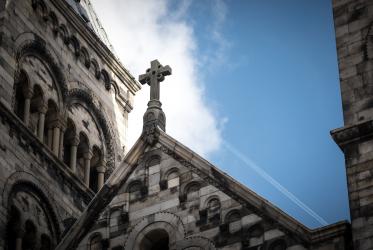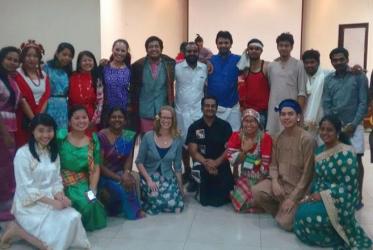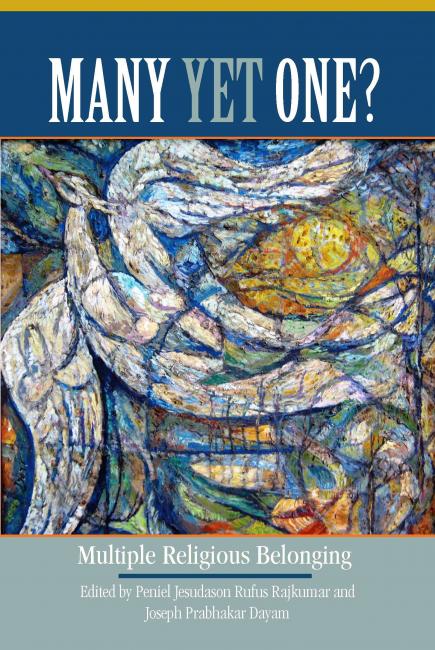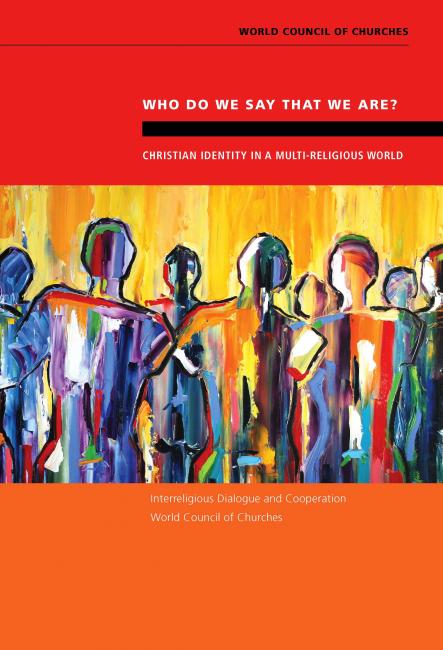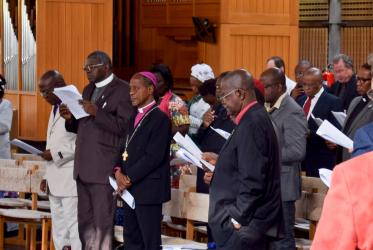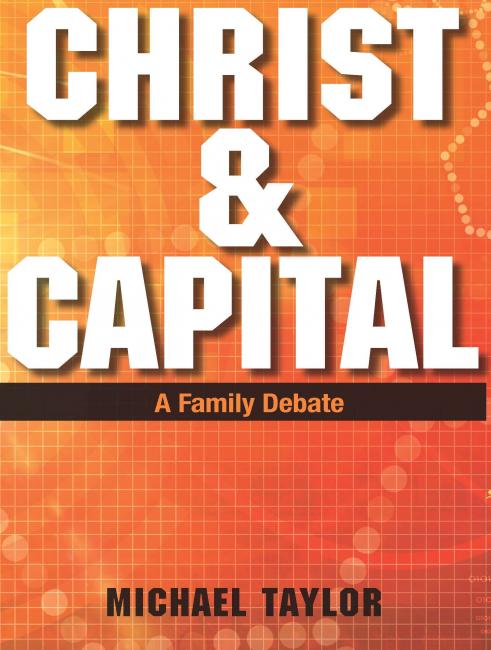Christian Identity in a Multi-Religious World
Perhaps more than ever, in our globalized context we meet persons of other faiths and religious traditions. When empathetic, such meetings can be revealing about their lives and commitments. Yet how do they change our own identity and illuminate our own faith?
In light of interreligious encounter, who do we say that we are?
This brief work, distilled from lengthy and broad theological consultation facilitated by the World Council of Churches, suggests ways in which our faith is deepened and exciting new vistas opened on traditional Christian faith commitments through interreligious dialogue and engagement.
Our sincere engagements with the other can lead to a growing grasp of our own faith identity and, indeed, more profound encounter with the mystery of God.
15 January 2016

